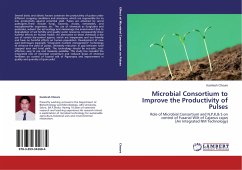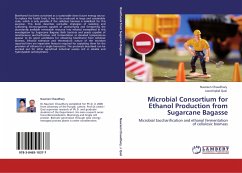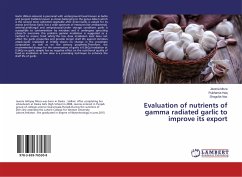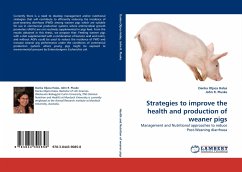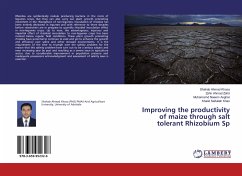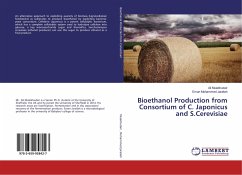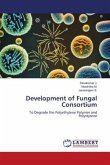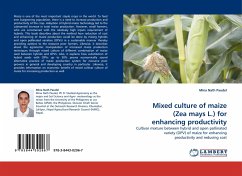Several biotic and abiotic factors constrain the productivity of pulses under different cropping conditions and situations, which are responsible for its low productivity against potential yield. Pulses are attacked by sevral pathogens.These include fungi, bacteria, viruses, nematodes, and mycoplasma-like organisms, etc. The use of chemicals as fungicides and pesticides, subvert the soil ecology and mismanage the environment due to degradation of soil fertility and quality water resources consequently show harmful effects on human health. An alternative to these chemicals is the use of certain bio-control agents, which are inexpensive and eco-friendly and have no harmful effects on human population. Development of new agro-techniques especially "integrated nutrient management" technology to enhance the yield of pulses, ultimately reduction in gap between total cropped area and total yield. The technology should be eco-safe, cost-effective, easy to use and massively available. This study has revealed the integrated role of microbial consortium and reduced doses of chemical fertilizers on control of fusarial wilt of Pigeonpea and improvement in quality and quantity of grain yeild.
Hinweis: Dieser Artikel kann nur an eine deutsche Lieferadresse ausgeliefert werden.
Hinweis: Dieser Artikel kann nur an eine deutsche Lieferadresse ausgeliefert werden.

